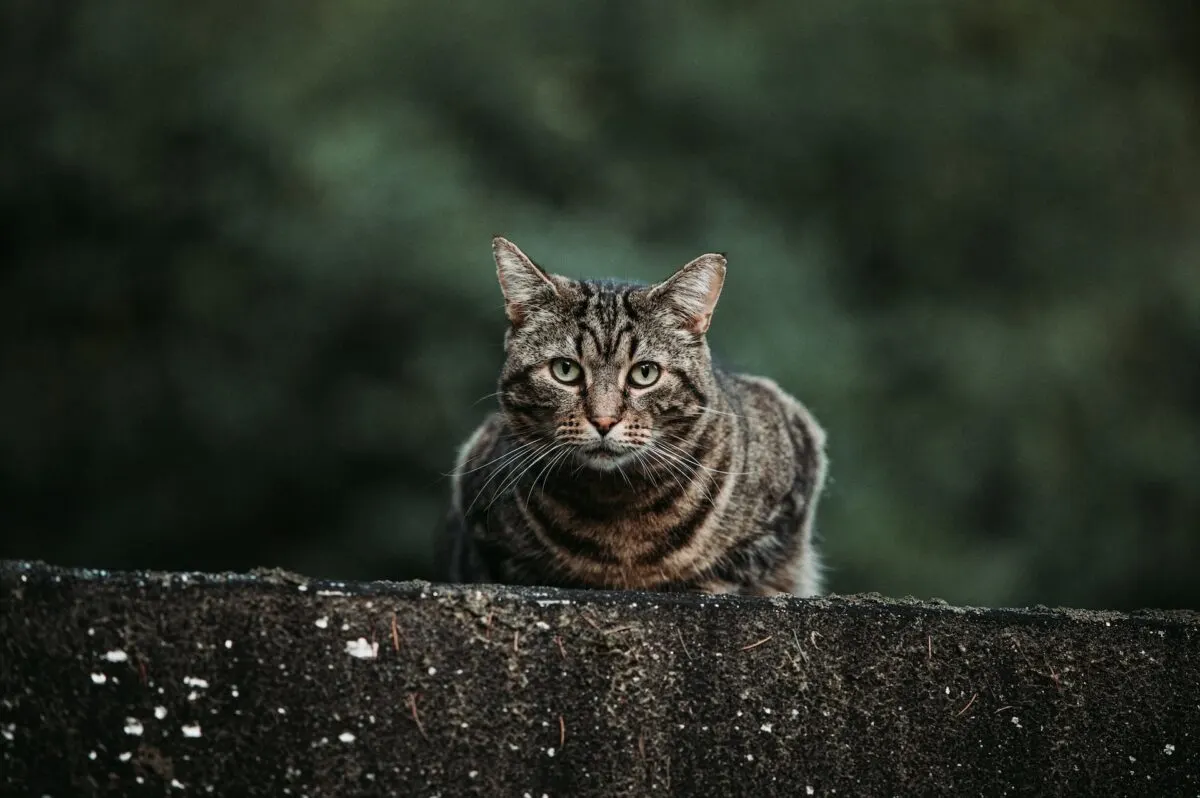Have you ever looked at a Manx cat and wondered what makes them so special? Is it their unique physical characteristics or the intelligence of these curious felines?
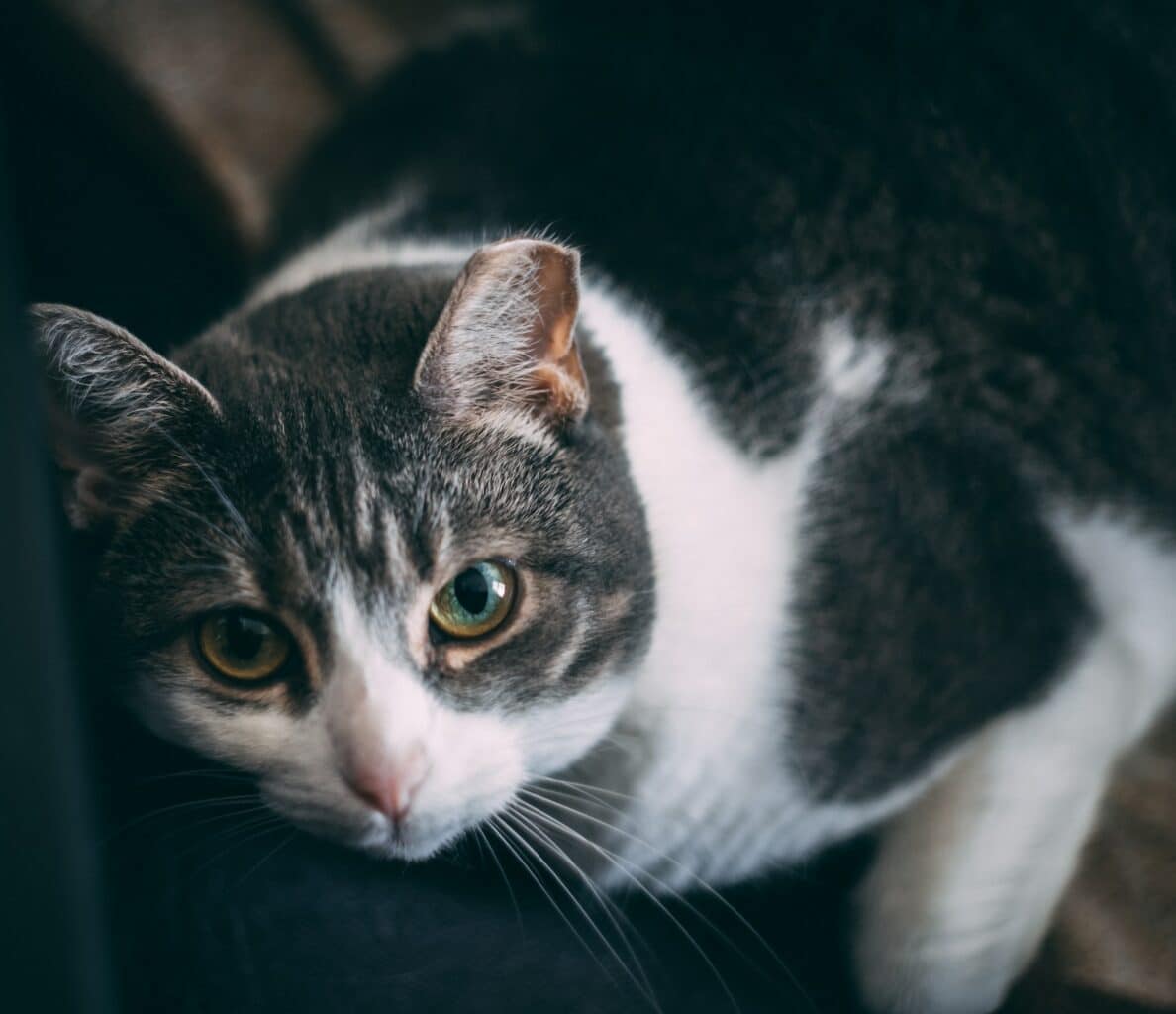
These cats have found a place in many hearts over the centuries for their amusing antics and loving personalities. Whether you wonder if this breed might be right for your home or just want to learn about one of the earth’s oldest domesticated animals – this article will provide you with lots of insight!
Let’s dive into the Manx breed, from temperament to lifespan, and common problems related to this vibrant species.
Manx Cat: Origin, Appearance, and Temperament
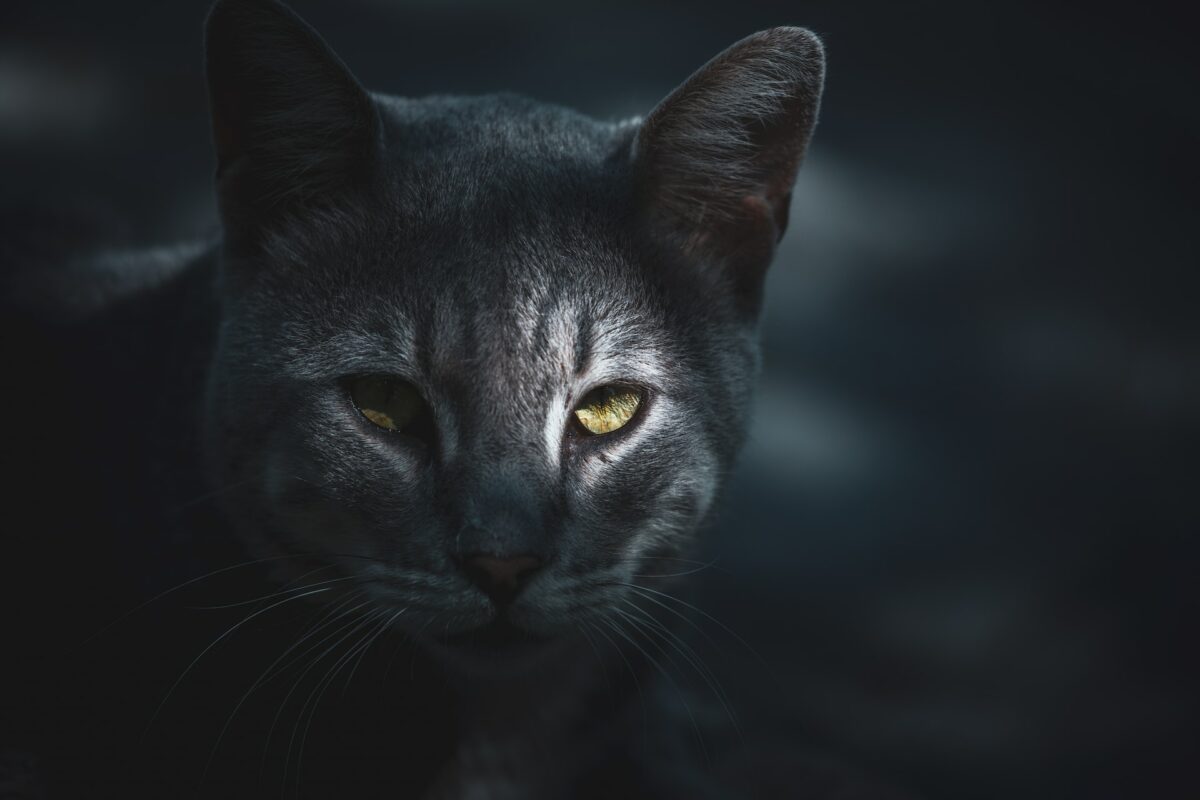
Origin
- The Manx cat has its origins on the Isle of Man – a small island located in the Irish Sea, situated between Great Britain and Ireland.
- The exact origins of this breed are unknown. However, they have been documented in paintings and literature as early as the 16th century.
- It has been speculated that these cats may have descended from feral cats brought to the Isle of Man by ancient sailors.
Appearance
- Manx cats are known for their unique physical characteristics, including having a shortened tail or none at all!
- These cats can also be distinguished by their robust bodies. They tend to be muscular with broad shoulders and rounded hindquarters.
- The length of their coat can range from short to medium, and they have the potential to display a variety of colors and patterns.
Temperament
- Manx cats are known for being intelligent and curious animals with entertaining antics.
- These feline creatures make for devoted and loving companions who enjoy snuggling up with their human counterparts.
- Despite their loving personalities, they can be independent and do not always want to be held like other breeds of cats.
- In addition to their affectionate nature, they take pleasure in engaging in playful activities like pursuing feathers or laser pointers and investigating different areas of the household.
Typical Health Problems Associated With This Breed

Manx cats are generally healthy, but some medical issues can occur due to the unique physical characteristics of this breed.
Some of these possible health issues include:
- Spinal problems such as lordosis (curvature) or spondylosis (stiffening)
- Digestive problems due to having shortened intestines
- Hernias that may develop at the navel area or along the abdominal wall
- Kidney problems leading to urinary tract infections
- Improper coat growth due to hormonal imbalances
Regular visits with a vet can help prevent or diagnose these issues early on so that appropriate treatments can be sought if needed.
Check out Manx Cat Health Problems: 10 Common Concerns.
Tips For Caring For a Manx Cat
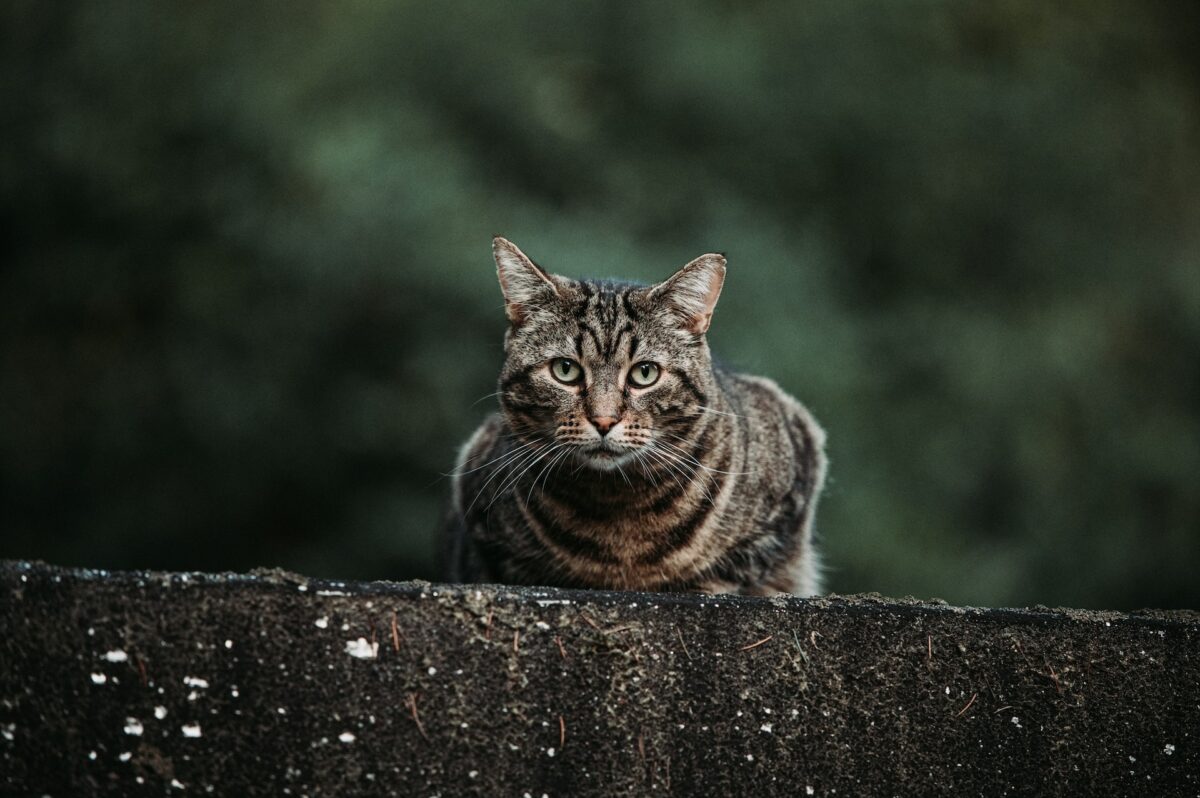
The Manx cat may be small, but they pack a big punch regarding personality and maintenance needs. With the right information and know-how, owners can keep their furry felines healthy, allowing them to live a long life. Proper care includes grooming, diet, and exercise – amongst many other things.
Grooming
- Manx cats sport a dense double coat that is low shedding. This coat does require more regular brushing than other breeds so as not to suffer from matting or discomfort.
- As these cats have no tail, the lack of fur on their rear may lead to extra dirt build-up, which should be considered during grooming sessions.
- Bathing is usually only necessary under extreme circumstances, such as an accidental roll in mud or if these kitty coats become excessively dirty from excessive self-grooming.
- Regularly trimming their claws will also help promote comfort and hygiene for your pet.
Diet
- Manx cats need a well-balanced diet to stay healthy.
- High-quality commercial dry foods are preferred over canned varieties as they contain added preservatives that can harm your cat’s health over time.
- Ensure regular water intake throughout the day by providing clean bowls of water around the house.
- You should give treats in moderation as too many snacks can cause obesity in your Manx cat over time – affecting their physical and emotional well-being by leading to other more severe health concerns.
Exercise
- These amazing creatures are natural hunters with excellent jumping and stalking abilities, which they love to demonstrate!
- Allowing your cat access to an outdoor area eases this activity while giving them stimulation and exercise at the same time.
- For safety reasons, however, it is best to equip your beloved pet with a collar and bell before taking them outside – this alerts you to their whereabouts and warns smaller animals from becoming their prey.
- Inside play should include puzzle toys with hidden treats or interactive games that move around like fishing rod toys – great fun for both human and feline family members!
The Skilled Hunter – Exploring the Natural Hunting Abilities of the Manx Cat
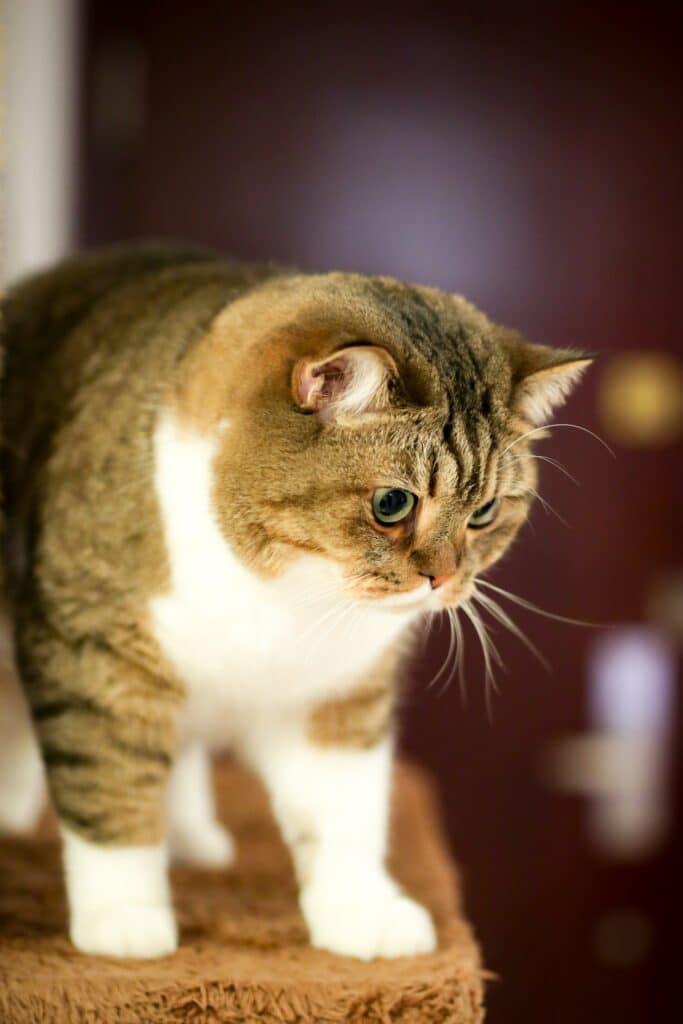
Manx cats have been catching mice since ancient times – making them one of our oldest domesticated animals! While this species has adapted well to living indoors alongside humans, they still retain some wild hunting traits.
- These felines use their powerful legs and strong claws to jump to tall heights looking for tasty snacks.
- They also possess incredible vision thanks to large eyes perched atop their flat faces, which allow them better capture prey even in dimly lit environments – making hunting all the easier for these clever kitties.
- Manx cats excel at stalking, too, thanks to their wide-set ears, which give them superior hearing compared to other breeds – perfect for detecting faint noises from their prey afar!
Veterinary Care and Breeding Responsibilities
Manx cats are known for their robust health and good-natured personality, but like all cats, they require proper veterinary care to stay happy and healthy.
- Owners should schedule regular checkups with a trusted veterinarian and follow their advice on nutrition, exercise, and preventive healthcare measures.
- Also, owners of Manx cats should also be aware of any potential breed-specific issues that may arise so that they can seek help if necessary.
The responsible breeding of Manx cats is also important to avoid certain health problems associated with the breed and to ensure every cat lives a long, happy life.
Fun Facts About Manx Cats
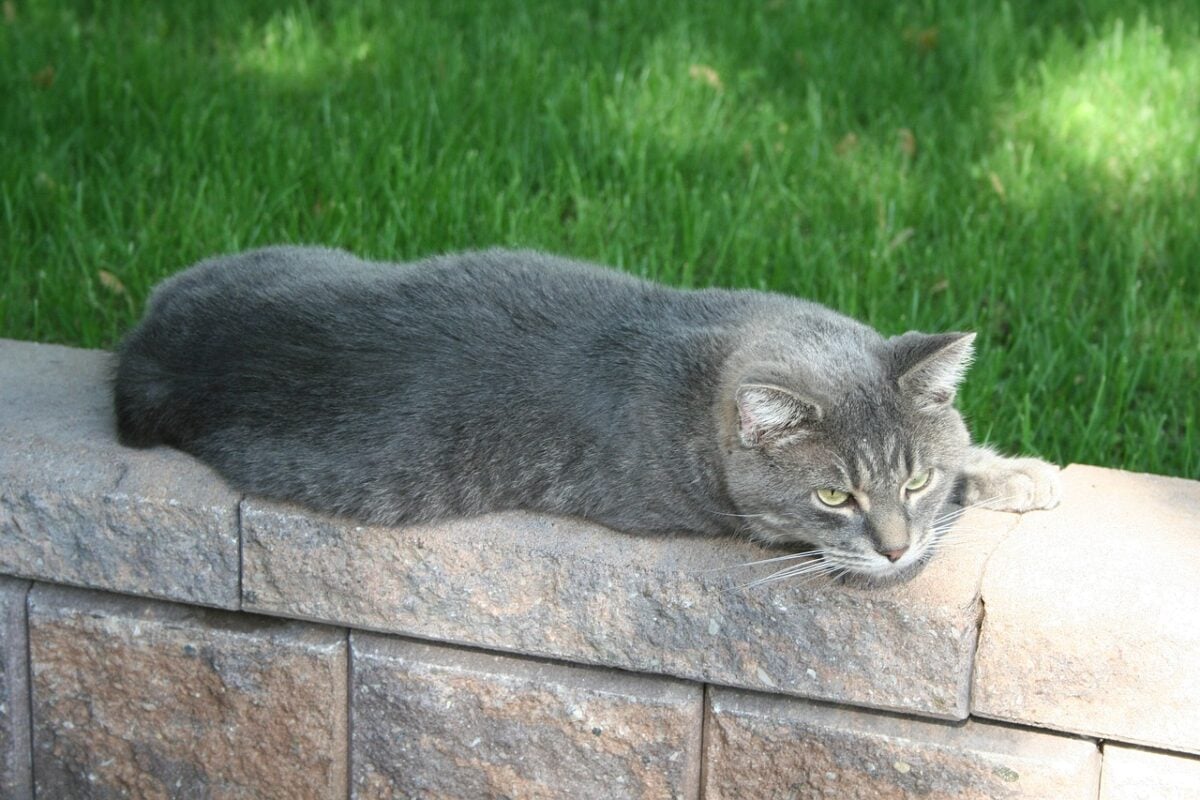
Manx cats are a unique breed with many fun facts to share!
- These cats have no tail due to a genetic mutation and were once believed to bring luck on British ships.
- They’re also extremely intelligent and capable of understanding basic commands.
- These curious felines love playing fetch with their owners – something not typically seen in other breeds of cats.
- Manx cats also enjoy climbing and perching high up on shelves or cabinets.
Key Points
| The Manx cat, which is a naturally occurring breed, has its origins on the Isle of Man – a small island located in the Irish Sea, situated between Great Britain and Ireland. |
| Manx cats sport a dense double coat that is low shedding. This coat does require more regular brushing than other breeds so as not to suffer from matting or discomfort. |
| High-quality commercial dry foods are preferred over canned varieties as they contain added preservatives that can harm your cat’s health over time. Ensure regular water intake throughout the day by providing clean bowls of water around the house. |
| These amazing creatures are natural hunters with excellent jumping and stalking abilities, which they love to demonstrate! |
| Owners should schedule regular checkups with a trusted veterinarian and follow their advice on nutrition, exercise, and preventive healthcare measures. |
Conclusion
All in all, it’s hard to deny the unique charm of the Manx Cat! From their unique physical attributes to their curious personalities and endearing antics, these cats have touched people’s hearts for centuries. Whether you are considering adding a Manx to your family or just looking to learn more about one of the planet’s oldest domesticated species – we have certainly scratched the surface on some of the most important information relating to this vibrant breed.
There is still far more information about Manx Cats, such as further details surrounding this breed’s surprising yet interesting history- so don’t be afraid to do a deeper dive into all things Manx!
Finally, if you think a Manx might be right for you after learning all these facts, why not consider reaching out to your local breeder to add one to your own home?
Thank you for reading this post! Continue to explore the world of felines with us by reading about Norwegian Forest Cats.
Join our Forum for free today!


